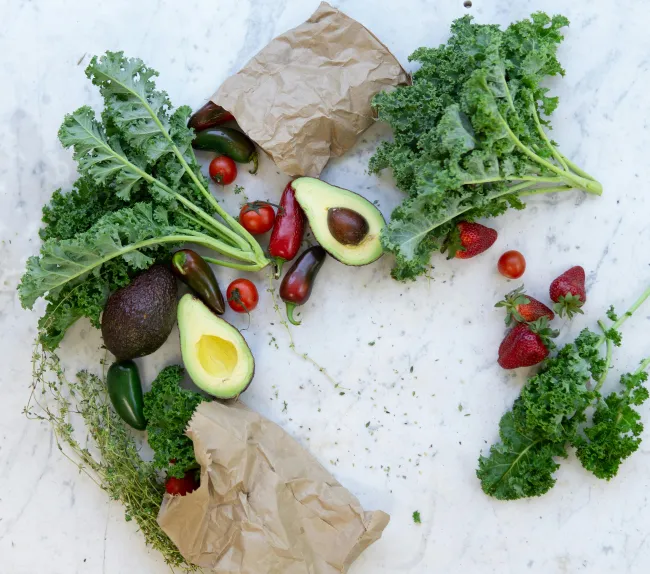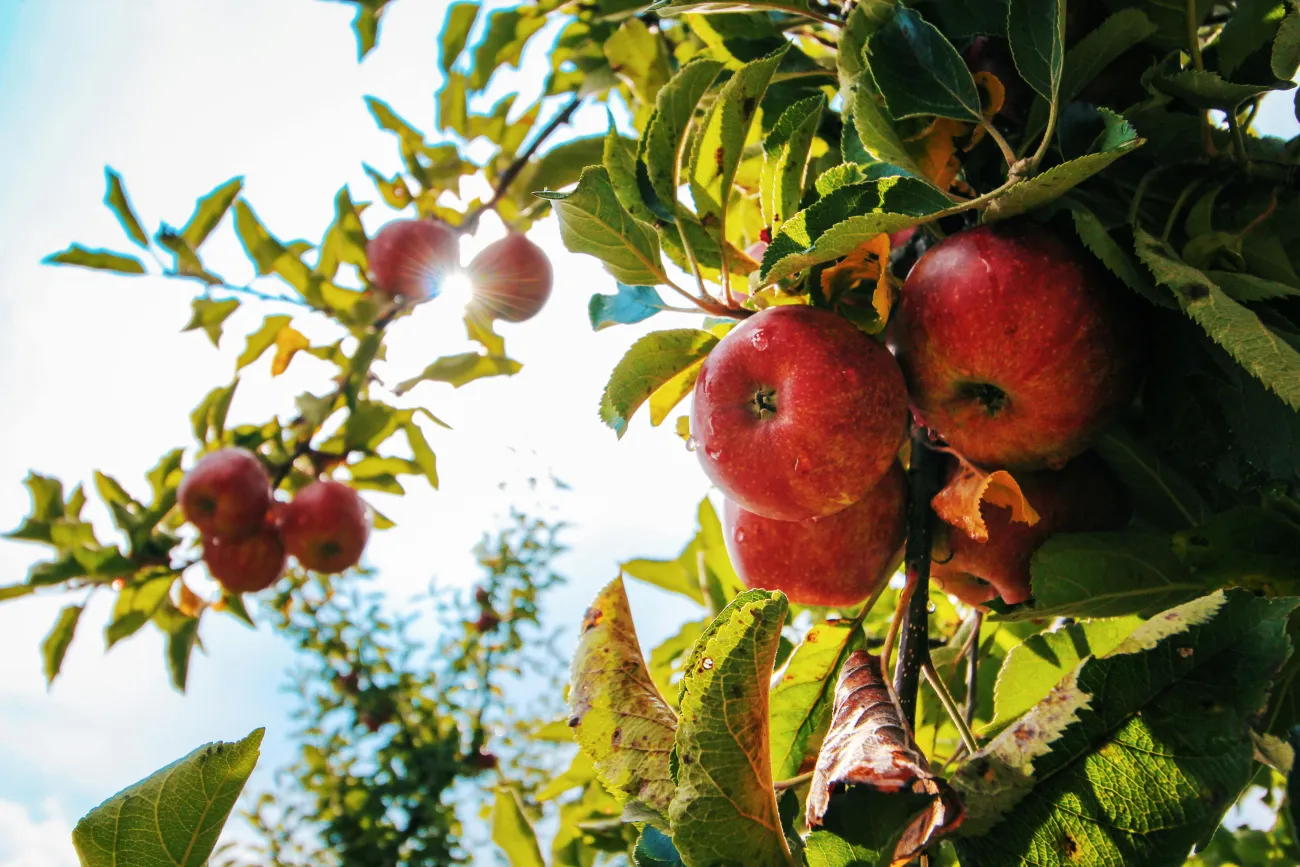This article warns that climate-risk assessment overlooks the roles of meat, dairy and seafood for dietary diversity and micronutrient supply, and predicts that nearly fifty countries are projected to face high climate risk for two or more micronutrients during this period, with ten countries facing high risk across all five.

Abstract
Global nutrition targets remain unmet, as over half of preschool-aged children and two-thirds of non-pregnant women of reproductive age worldwide suffer from micronutrient deficiencies. Climate change poses a growing threat to global food and nutrition security, but existing climate risk assessments often overlook the critical roles of both terrestrial and aquatic nutrient-rich foods that are vital for dietary diversity and micronutrient supply. In this study, we introduce an innovative framework that integrates data on future climate extremes, nutrient supply dependencies, and diet-related climate vulnerability. Our comprehensive analysis assesses nutrition-sensitive climate risk to five essential micronutrients across production systems. By mid-century (2041–2060), we estimate that 75% of calcium, 30% of folate, 39% of iron, 68% of vitamin A, and 79% of vitamin B12 produced in primary food products will face frequent climate extremes (at least every other year) globally. Nearly fifty countries are projected to face high domestic climate risk for two or more micronutrients during this period, with ten countries facing high risk across all five. We outline distinct climate risk profiles to offer data-driven entry points into strategies for bolstering the resilience of micronutrient supply chains and advancing progress toward global nutrient targets in the face of a changing climate.
Reference
Michelle Tigchelaar et al 2025 Environ. Res. Lett. 20 014046
Read more here. See also the TABLE explainer, Nature Knows Best? Naturalness in the Ultra-Processed Foods Debate




Comments (0)